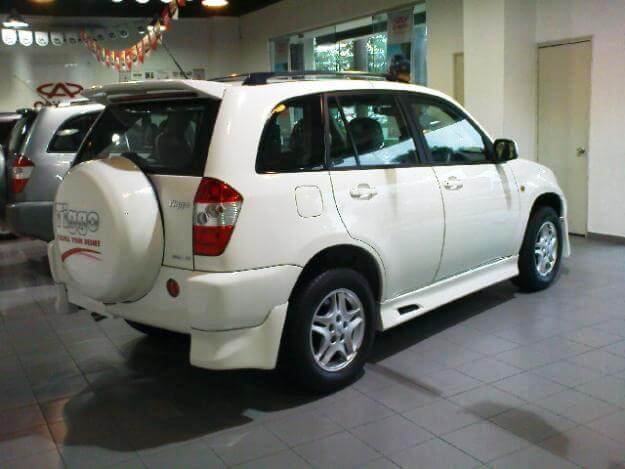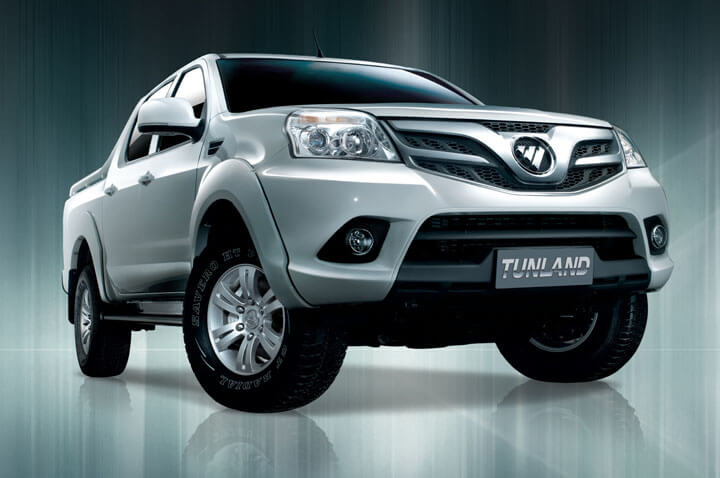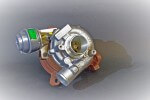The Chinese strategy for Africa can be summed up in four words, simply as ‘cheap for emerging economies’. This is not to forget that the Chinese manufacturers, not only in the auto industry, invest adequate time to manufacture high quality products for the already established economies such as Europe, Americas and Asia.

Chery Tiggo from China – already doing well in Kenya
image source:http://kualalumpurcity.olx.com.my/
But it is the ‘cheap for emerging economies’ tactic that has catapulted China’s fortunes on the African soil to an unimaginable scale. This enabled the Chinese manufacturers to surpass the 1 million car sales outside of their domestic market in 2012, amid the dwindling internal sales. The low cost motor vehicles have made these Chinese firms more competitive as they have translated to higher sales, a feat that has rendered peerless the likes of Foton and Chery Automobiles in Africa. Maintaining this trajectory, it is not going to take long before these manufacturers crack the European and American Markets.
First attempts in Egypt in 2004
With most of Africa still growing economically, only a few car sellers are well established. These include Toyota, Nissan, Hyundai. It was therefore eyebrow-raising to see Chery starting to make inroads in Egypt close to a decade ago, when they started manufacturing in a plant formerly owned by Daewoo. Although the brand suffered from a perception of inferiority initially, it quickly fought the tag to gain the trust and confidence of many a customer to rank among the most trusted, and attracting other manufacturers to Egypt. Among the most outstanding models include the Golden Dragon Haice, Geely Emgrand EC7, King Long and Brilliance. The Egyptian plant has also enabled exports to Arabian Africa such as Libya, Tunisia, Algeria and Sudan, as well as the Middle East, to Syria, Jordan, Saudi Arabia, Iraq and Kuwait. The Egyptian branch has moved the Chinese manufacturers to control 9 % of the Egyptian market according to a report released in 2012.
Ethiopia and Kenya
Going further south, Chinese manufacturers have gained foothold in Ethiopia-by cooperating with the pioneer car brand, the Holland Car-for local car assembling. Although only scanty information currently exists that can be used assess the success of this cooperation, conservative estimates show that considerable success is being registered.
In Kenya, Beiqi Foton Motors Co Ltd opened a manufacturing plant in 2012 with a production capacity of 10,000 units per annum. Credible sources have intimated that Chery is considering a quick establishment in the Kenyan market, where Chinese vehicle manufacturers already command 20% of the market, as the second Chinese auto manufacturer. Several of Chery brands such as Chery Tigo SUV are already doing well in the Kenyan market which also serves as a gateway to other markets such as Zambia, Tanzania, Uganda and Mozambique.
As the West went for the rich economies and disregarded the now-taking-off Africa, Chinese firms sharply trained their eyes on the budding economies and the risk has now started paying off with the ever increasing revenue coupled with numerous opportunities such as construction and oil prospecting projects.






